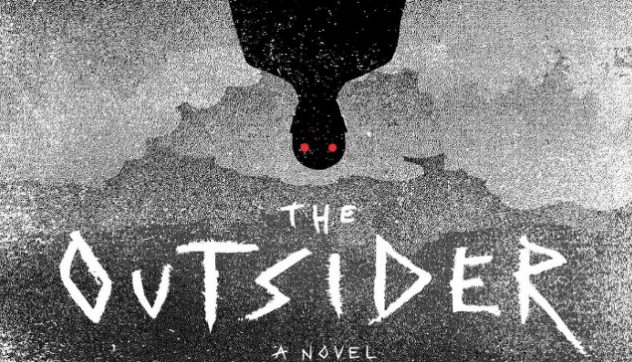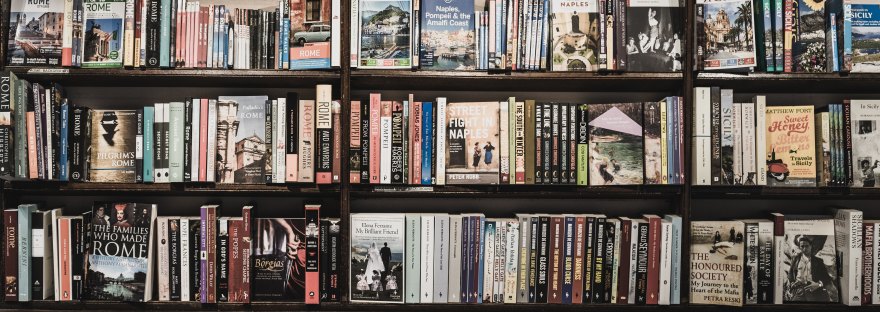It’s hard to believe that Dungeons & Dragons was once the most controversial game in existence. What started as an exercise in creativity and team-building became fuel for the 1980’s Satanic Panic.
Today, D&D has a more mundane reputation. The name conjures images of bespectacled nerds dressed in wizard robes sitting around a table in a basement. But for me, D&D is the secret weapon in my creative arsenal.
Different writing skills are like muscles; the more you exercise them, the stronger they get. D&D is great for writers who have trouble connecting with their characters. In the game, you assume the identity of your character and consider what they would do, how they’d react, and what’d they say based on the foundations you’ve laid for them.
It’s essentially a lesson in improv. You’ll be surprised by all the funny – and, if you really get into it, emotionally deep – moments these characters will take you through.
As an example, in one game a player’s character was bitten by a zombie-like creature. Several bad dice rolls later, her character became infected with an always-fatal illness known as the Blight. Suddenly all of our characters were faced with a hard choice: do we give her a quick death, let her suffer, or try to cure it? Would they be upset, scared of being infected, or in denial?
This was a conflict that arose entirely from dice rolls, but it added a new facet to my character that I hadn’t even previously considered. I was forced to analyze my character’s personality and decide how she would react to such a dire situation. In the end, our group came up with a plan- cut off the character’s arm before the infection spread.
That’s just something writing just can’t give you. Adding in a bit of random chance can teach you a lot about your characters- and about yourself. I can’t recommend D&D enough. It’s a good creative exercise, but it’s also an amazing way to build lasting friendships.
As for the Blight-stricken character, she survived. The group compensated for her missing arm by building her a prosthetic- fitted with a crossbow.






